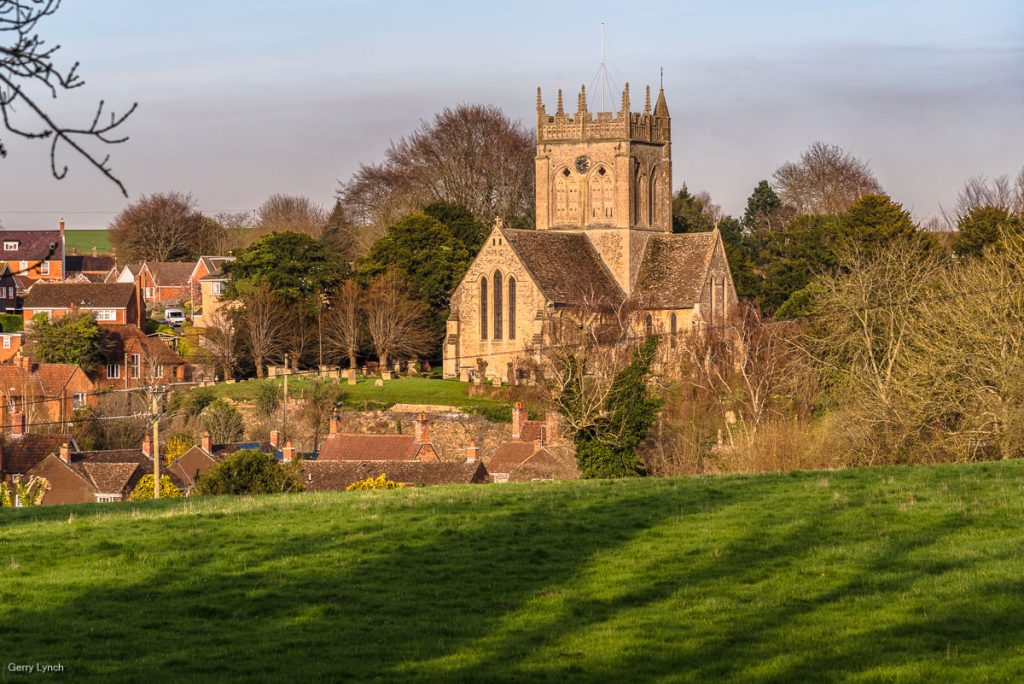
© Gerry Lynch
An active and friendly church with Holy Communion every Sunday as well as other services. Our 11 am services use Common Worship or equivalent language and balance being relaxed with being dignified. Our 8 am services and our monthly Evensong use the beautiful and timeless language of the Book of Common Prayer.
After our 11 am services, we have tea and coffee together.
Visitors are always welcome, and it’s OK to pop in for a look if you just want to try church.
The church is open for private prayer and reflection every day.
Normal Pattern of Services
First Sunday of the Month
8 am Holy Communion
11 am Holy Communion
Second Sunday of the Month
11 am Holy Communion
Evensong 4 pm (winter time) or 6 pm (summer time)
Third Sunday of the Month
8 am Holy Communion
11 am Morning Praise
Fourth Sunday of the Month
11 am Holy Communion
Services for the coming Sunday are here.
Getting Here
Address – Rookes Lane, Potterne, SN10 5NF.
What3Words – ///revival.headlines.booms; Google Maps link; latitude and longitude 51.3259, -2.0079.
Please note parking is extremely restricted around St Mary’s, especially on Rookes Lane. Please respect our neighbours by keeping their driveways clear of parked cars and making sure you leave them room to get in and out of their houses.
History
The National Churches Trust describes St Mary’s in Potterne as a “an Early English church of exceptional purity and austerity.” It is a Grade I listed church of some genuine significance to English and Western European architectural history.
A priest, and land held by the Bishop of Salisbury, was recorded at Potterne in Domesday Book of 1086, and in Victorian times, a 10th Century font was found on the site of the present day Church of England parish church of St Mary. It was built in the 13th century and has survived with little change, beyond work to the tower in the 15th century and restoration in Victorian times by Ewan Christian. Pevsner describes it as, “An Early English parish church of exceptional purity and indeed classicity” and linked this to the Bishops’ ownership of the manor.
The church is cruciform, with a substantial tower over the crossing, and original lancet windows. It is built of rubble stone, with ashlar to the upper tower. The south porch was added in the 14th century, and in the 15th the tower was made higher and given an elaborate battlement. Restoration in 1870–2 included re-roofing and the removal of galleries, and the stained glass is from various dates in that century.
